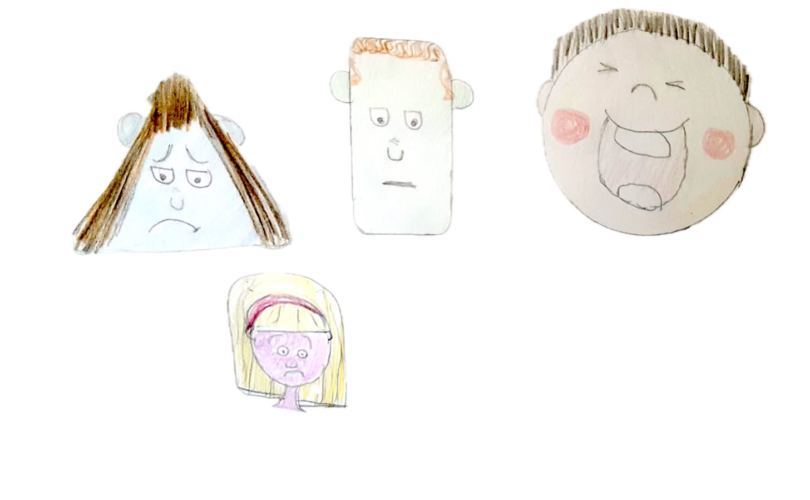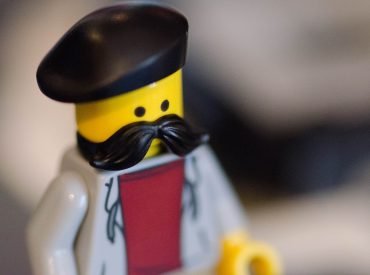Several important factors contribute to the health and well-being of our children. A safe and secure environment; a healthy, balanced, nutritious diet; regular sleep and social engagement are all vital. In spite of these factors being firmly in place, family inherited genetic conditions may bring susceptibilities up to the surface that manifest as acute and chronic health issues in our children, common ones including eczema and asthma. Often, when these issues arise, homeopathy is a popular choice for parents who want their children to cope and recover without undesirable pharmaceutical products. Parents wanting to provide an approach to treatment that utilises the minimum dose and those favouring more natural health care choices for their little ones, and parents who are reluctant to administer a prescription, because of the side-effects, have been using homeopathic treatment for over a century.
It has become widely accepted that our gut-biome has a huge part to play in our immune system and so antibiotics are often a last port of call, for parents, and many GPs, too, are reluctant to prescribe them, as antibiotics compromise the integrity of the early development of a child’s gut biome and immune system.
“The development of infant gut microbiome is a pivotal process affecting the ecology and function of the microbiome, as well as host health.” [Henrik M Roager Study ]
When our children are suffering, we want to help them recover as quickly as possible, and sometimes the allopathic or conventional medical approach has the desired effect in the immediate, and short term, and in some instances can be life saving, however the secondary effects can cause further problems down the line.
For example parents may seek homeopathic treatment after an extended period of recurrent infections, with repeat doses of antibiotics being prescribed that, although they may have been helpful with an immediate issue, they do not address the underlying cause. The child’s immune system is then compromised, and recurrent infections keep the child in a perpetual relapse and recover scenario, with courses of antibiotics being prescribed every few months, eventually leading, in the case of recurrent tonsillitis, to surgery, which causes further knock on effects, with the removal of this little understood but important first line of defence.
Homeopathy seeks to identify the underlying cause of the recurrent issues and a homeopathic prescription, to treat the individual, fortifies vitality and reduces susceptibility, so that recurrent infections become less frequent and require less pharmaceutical intervention, managed by a small handful of well-indicated homeopathic remedies, for those times when an issue recurs.
Treatment for children can begin at birth and continue throughout each developmental stage of life, depending on needs. Sometimes prescriptions address acute issues and can stop fevers and infections from worsening and support the child’s own immune response to a pathogen, leading to recovery, without the need for a Doctor’s appointment or prescription. Sometimes a homeopathic prescription helps to address the discomfort of teething or colic, or on a deeper level needs to address a chronic complaint, which may take more time and requires a deeper acting prescription from a qualified homeopathic practitioner.
Homeopathy differs from allopathic [or conventional medical] treatment in many ways. In the instance of fever for example, a parent who encounters a high temperature and approaches it using pharmaceutical intervention, acts in the belief that the temperature must be brought down, otherwise there could be seizures and brain damage, if left unchecked. In household security terms, this approach would be the equivalent of muting the guard dog to stop it barking, and thus allowing the intruder entry. The immune system creates the higher temperature in the body, the fever, to make an unviable environment for the virus. The virus cannot survive in this raised temperature setting, and so rather than thriving and reproducing in the system or body it is being given its marching orders. Once you throw in a medical product designed to reduce temperature, you are giving the virus the green light to thrive, you are silencing and muzzling the barking dog, the immune system’s first line of defence, so that the virus (or intruder) can run amok.
Homeopathic remedies generally stabilise a temperature and make the child more comfortable whilst they ride the temperature out and allow the immune system to work, unhindered. Medical products, of course, have their place if a child is really suffering or in danger, but often the homeopathic approach, the minimum dose, is enough, reducing suffering as well as providing the child with support. It is worth mentioning too, that popular pharmaceutical products for reducing fever and pain in children are not capable of preventing a febrile convulsion or seizure. There is no medication which can prevent febrile convulsions.
Homeopathic support is also invaluable for mental and emotional or behavioural issues that arise due to environmental circumstances or traumas, throughout a child or young adult’s life. There seem to be so many more pressures on our children in these times; more environmental toxins and medical interventions that carry risk. Anxiety, within children, has been widely reported as being on the rise. Although schools are doing their very best, the mushrooming volume of neurodivergent pupils, and challenges of a school system struggling to cater for their individual needs, in a learning environment, has led to a unprecedented number of children being excluded, or opting out of the challenge of the school environment completely. Homeopathic treatment can be effective in supporting young people who are experiencing acute anxiety. Feeling out of control can be debilitating, especially if social interaction is particularly daunting. Remedies can be utilised to help in acute situations and can be a life-line in a desperate circumstance. This can help to keep a young person from spiralling into a state of isolation, which could lead to feelings of depression. Pharmaceutical products in the form of psychiatric medication prescribed to numb extreme emotional responses, are not sustainable options in many cases and have been vastly overprescribed. Recent revelations, in regard to SSRIs [Selective Serotonin Re-uptake Inhibitors] prescribed for depression, dispute the idea that depression is the result of abnormalities in brain chemicals.” This was brought to mainstream attention by Dr. Joanna Moncrieff in 2022 in “The serotonin theory of depression: a systematic umbrella review of the evidence” [Joanna Moncrieff, Ruth E. Cooper, Tom Stockmann, Simone Amendola, Michael P. Hengartner & Mark A. Horowitz. In another article Dr. Moncrieff suggests that “Long-term use of drugs that numb emotions may…have harmful psychological consequences because it may prevent people from finding other, potentially more lasting ways of managing their emotions. It may also prevent people from identifying and addressing the problems that made them depressed in the first place.” [see Joanna Moncrieff’s article here and the 2022 study here].
The homeopathic approach is to treat the individual constitutionally, over time, to help reduce extreme emotional reactions to triggering situations, providing the ability to self-regulate more effectively, and also to provide quick acting homeopathic remedies to reach for in acute situations, where extra support is needed. The over-medicalisation of our children is losing popularity.
Homeopathy seeks to peel back the layers to identify causation, remedies are prescribed to address the individual, and vitality restored so that the patient moves towards a direction of improvement, and more optimal state of well-being. Homeopathy is a system of medicine that is invaluable in supporting children’s health, on many levels, and definitely still has a place in our healthcare system.







